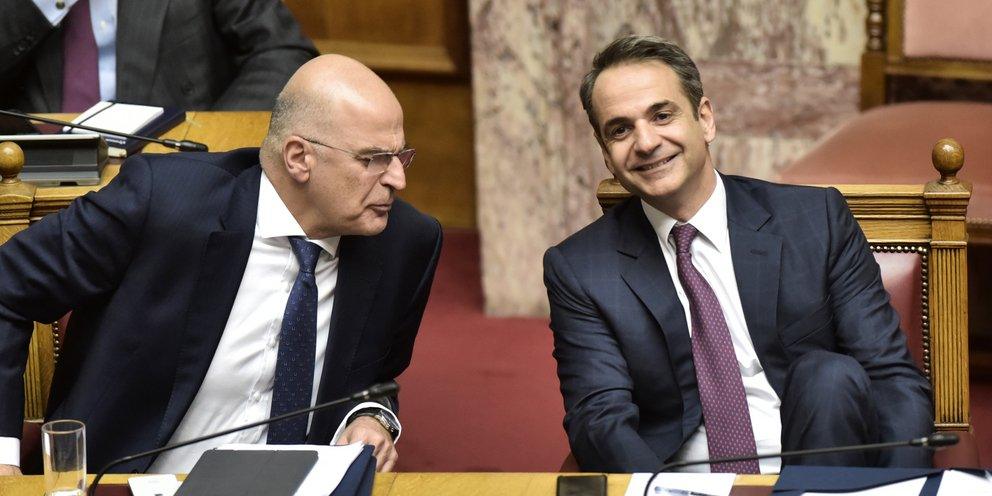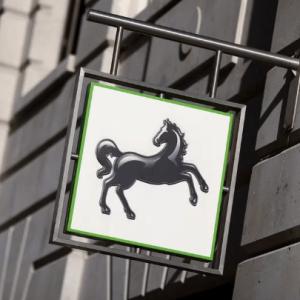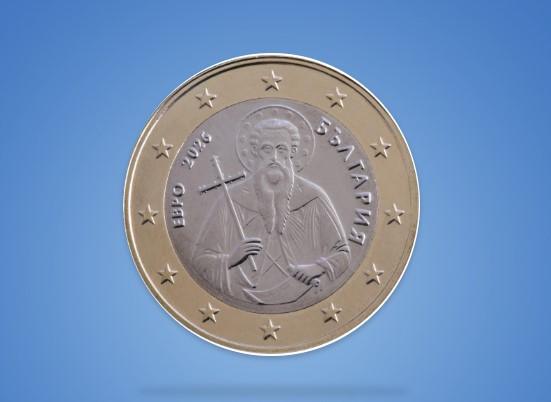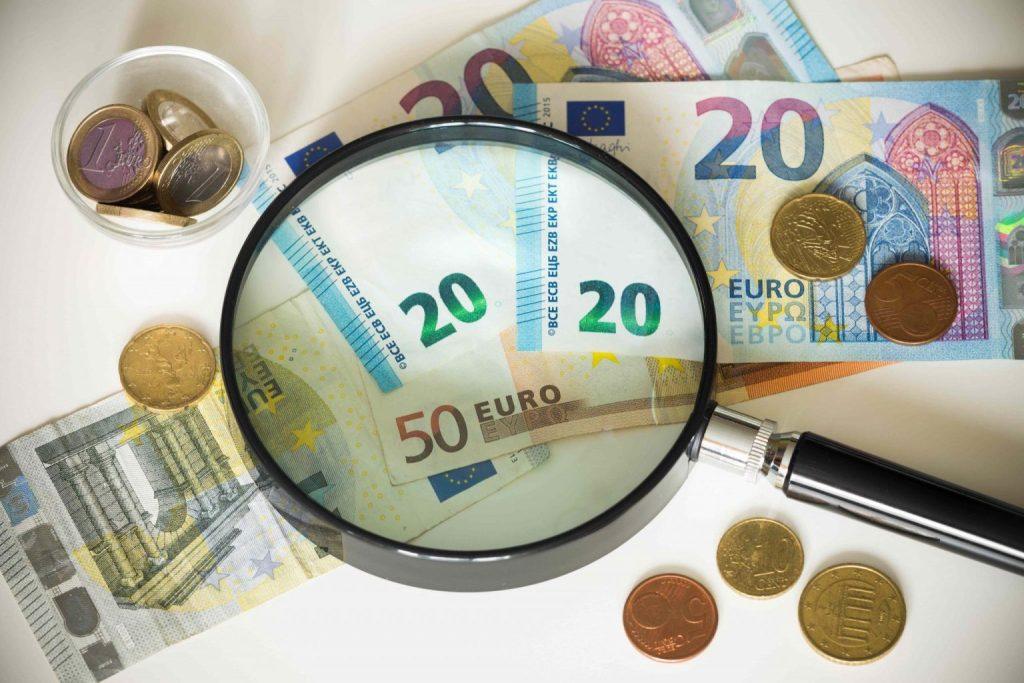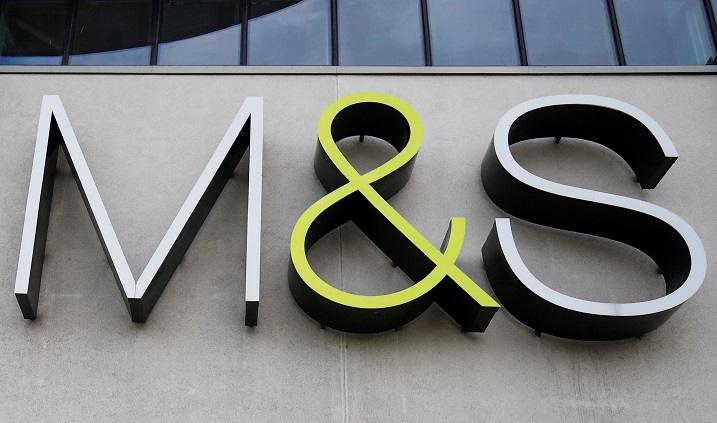At the beginning of the second half of its constitutional term, the government of Kyriakos Mitsotakis is not only moving in terms of political domination, maintaining a double-digit lead (of 12.4%) over SYRIZA, but it also seems that the repetitive image that the memorandum cycle it had formed is also coming to an end. This is a fact that can be deduced from the comparative test with the image that was created in the middle of the term for all the governments that preceded the last decade. In these terms, it seems that the repetitive image that the memorandum cycle had formed is coming to an end, compressing politically and electorally all the governments that managed it.
With the Economy comprising a central issue in the new cycle that begins, the same poll highlights the “gray zones” of the two years that may determine the new balance. With Labor bill being at the top of the list (59.4% of the public responded negatively while 34.1% responded positively), followed by security and crime, education and the financial situation as some major problems to come up against, the government already knows which areas are the new bets of the rest of its term.
According to the pan-Hellenic GPO poll for “TA NEA weekend edition”, the Mitsotakis government is opening a new cycle on its own terms, without the pressure of the previous governments, which after the completion of their own two years faced a change of the political landscape. It is obvious that, at least at this stage, the pandemic is not recorded as a bottleneck by the society corresponding to the ten-year memorandum cage, but as a successful test of government management, which is credited to Kyriakos Mitsotakis both to a partisan and a personal level (through the high percentages of positive acceptance and the large “gap” in his suitability as a Prime Minister).
The two-year crash test with the three governments of the memorandum cycle highlights the new scenario that is obviously being recorded by all party staffs. In September 2011, the autonomous government of George Papandreou not only lagged behind the official opposition of those times (ND of Antonis Samaras), but had lost almost a third of its electoral power, in a scenario of memorandum collapse and discounted government change.
Two months later, after all, his own resignation had led to a new round of forced government collaborations that lasted until July 2019. In April 2014, the Samaras government realized the rapid upward trajectory of SYRIZA and Alexis Tsipras, now being the official opposition, while in the 2017 polls it was also clear that the SYRIZA-ANEL government was at its end.
Dominance in the Center
The open field in which Kyriakos Mitsotakis moves, after the evaluation by the public of his two- year term , is visible in a series of other polling findings that confirm his dominance in the Center and the Center-Left. The GPO survey records a positive assessment of government business that has no precedent since the 1990s and the first phase of the Simitis government (almost 54% positively assesses the course of the current government), while it is noteworthy that this percentage is even greater (it reaches 77%!) to the voters who in the 2019 polls had chosen the Movement for Change.
The two major crises (pandemic, tension with Turkey) that the Mitsotakis government managed during this period are also clearly its biggest weapons, sealing large acceptance rates. 67.8% vote in favor of government choices at a national level, as well as 54.8% in the field of Health, but the biggest weapon of the government proves to be the country’s digital transformation plan (with an approval rate of 73.5%).

